April 13, 2025 | 22:07 GMT +7
April 13, 2025 | 22:07 GMT +7
Hotline: 0913.378.918
April 13, 2025 | 22:07 GMT +7
Hotline: 0913.378.918
The US Department of Commerce (DOC) has recently announced the final conclusion of the anti-dumping investigation on raw honey products imported from Vietnam and some other countries such as India, Ukraine, Argentina, and Brazil. Accordingly, the dumping margin of Vietnamese honey exporters is from 58.74% to 61.27%.
Vietnam Agriculture News has had an interview with Mr. Nguyen Do Anh Tuan, Director of International Cooperation Department (Ministry of Agriculture and Rural Development - MARD) regarding this event.
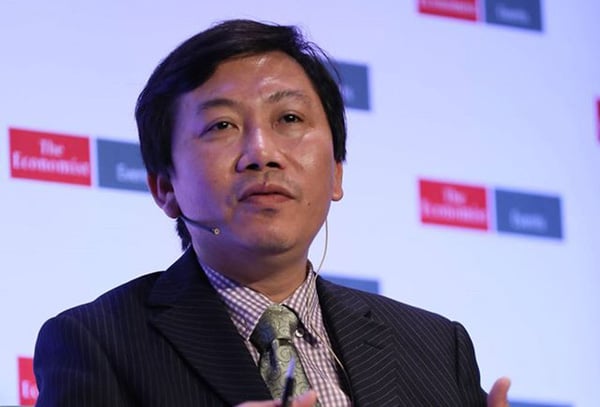
Mr. Nguyen Do Anh Tuan, Director of International Cooperation Department (MARD).
How do you evaluate the recent conclusion of the US Department of Commerce regarding the anti-dumping investigation of Vietnam's honey exports?
The dumping margin of Vietnamese honey exporters is from 58.74 to 61.27%, specifically Daklak Honey Company 58.74%, Ban Me Thuot Company 61.27%, and other companies 60.03%). I believe this is a remarkable success for the Vietnamese honey industry to continue accessing the USA market if compared to previous conclusions from the DOC.
Previously on November 18, 2021 the DOC announced the preliminary conclusion of the anti-dumping investigation on Vietnamese honey products. Based on the dumping margin and preliminary damage conclusion of the United States International Trade Commission (USITC), DOC has issued a temporary order to impose a tax with a tax rate of up to 413.99%.
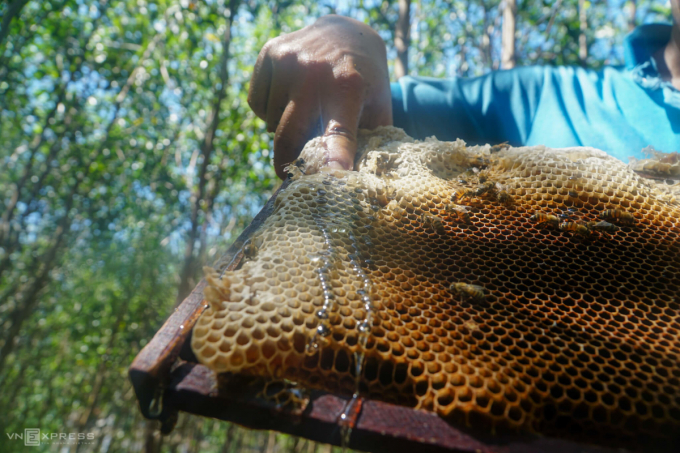
The reason for this unreasonably high tax is the DOC's calculation method. Photo: vnexpress.net.
Why does the US have such an unfavorable preliminary conclusion for the Vietnamese honey industry? How will a tax rate of over 400% impact Vietnam's honey industry?
The reason for this unreasonably high tax is the DOC’s calculation method. They use the price of finished honey from nectar from India to compare with the price of raw honey from the leaf extract that Vietnam exports to the United States. This comparison does not guarantee fairness and is inconsistent with the provisions of the WTO Anti-Dumping Agreement because these two products are not similar products to be compared and calculated.
This tax rate is too high and unreasonable, the highest tax rate that DOC imposes on honey products exported to the USA market. It does not reflect the correct reality of Vietnam's honey production and business. With this tax rate, Vietnamese enterprises cannot continue to export. The USA market is basically considered closed to Vietnamese honey products.
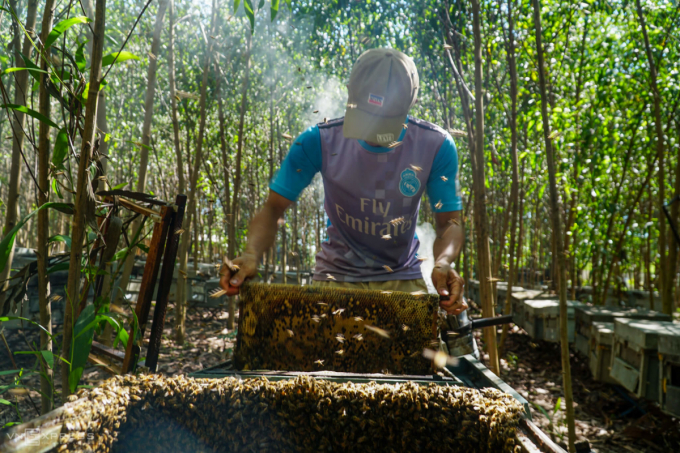
Vietnam has an estimated 1.74 million bee colonies with 3.5 thousand beekeepers and 31 enterprises exporting honey to the US. Photo: vnexpress.net.
DOC's application of an over 400% anti-dumping tax rate means that the Vietnam honey industry has to temporarily stop production due to the loss of its main market, severely affecting the livelihoods of beekeepers associated with forest resources in disadvantaged areas.
This goes against the policy and commitment to environmental protection and global social justice that the US and Vietnam have actively supported in recent years.
Since the USA initiated an anti-dumping investigation on Vietnam's honey exports, what actions do the Ministry of Agriculture and Rural Development and related agencies take to protect and support beekeepers?
Immediately after the US announced the initiation of the investigation in May 2021, the MARD sent a letter to the Secretary of Commerce, Secretary of Agriculture and the Chief Trade Representative of the United States to raise concerns, and propose the US reconsider the anti-dumping tax rate when making official conclusions.
The Vietnam Honey Association has actively coordinated with businesses to complete investigation questions, attend hearing sessions, and work with lawyers to develop a plan to confront DOC in hope of changing the way product costs are calculated and providing DOC with additional information.
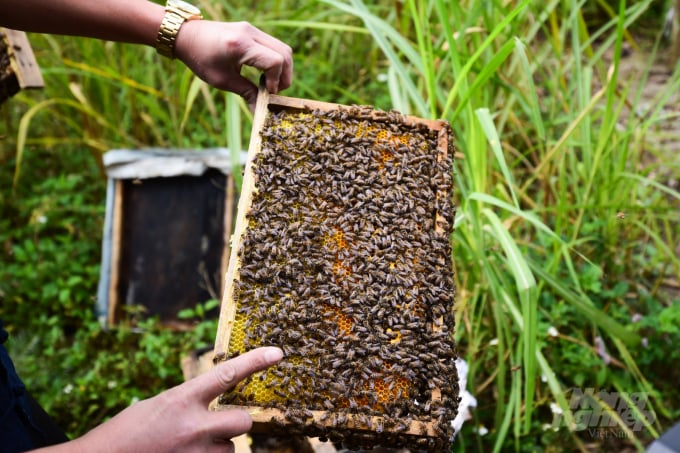
MARD leaders have directed the units to actively coordinate with relevant ministries and sectors to discuss solutions to protect and support beekeepers as well as honey processing and exporting enterprises in Vietnam. Photo: Tung Dinh.
What work should Vietnam carry out in the future to further access the USA market and promote sustainable development of the honey industry?
Based on the results so far, there are a few activities the honey industry needs to note:
- Conduct research on production costs, and develop the value chain to ensure reliable data sources, ready for DOC's assessment in the next steps.
- Work closely with the US import partners to gain a deep understanding of the laws, policies, regulations and possible risks when exporting to the USA market. On that basis, prepare trade remedy measures in the event an incident occurs.
- Ministries and sectors work closely with Vietnam Honey Association to provide legal advice and support to producers and small businesses when negotiating and handling international disputes.
- Accelerate the formulation and completion of investment policies to improve production efficiency by 2030, and measures to support the development of the bee industry in the coming time.
- Develop a strategy to develop Vietnam's bee industry focusing on product and market diversification.
- Boost trade promotion to find new markets for honey products, avoid being too dependent on one market.
I believe this will serve as a very valuable experience for other agro-products industries when exporting to the USA market.
Thank you, sir!
Translated by Samuel Pham
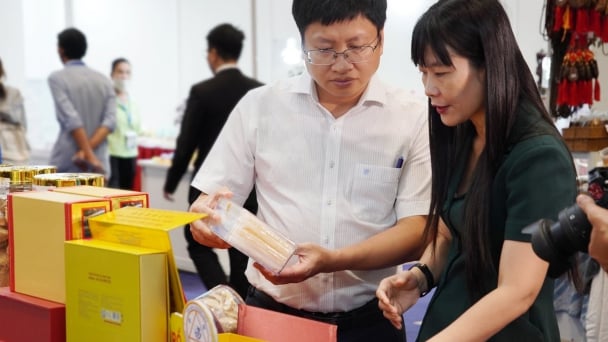
(VAN) KOCHAM Deputy President expects that Vietnam would accelerate innovation and development of bird’s nest-based products as a representation of Vietnamese culture.
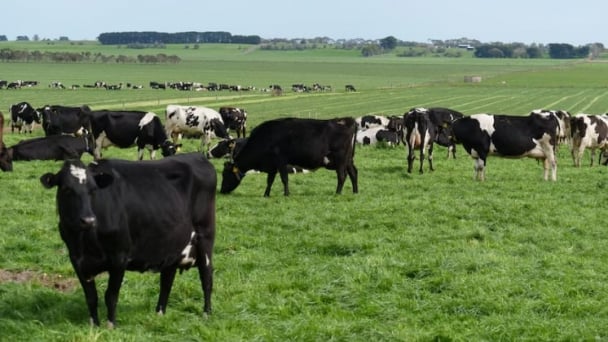
(VAN) Imported dairy products are weakening the local industry, according to dairy farmers and processors.
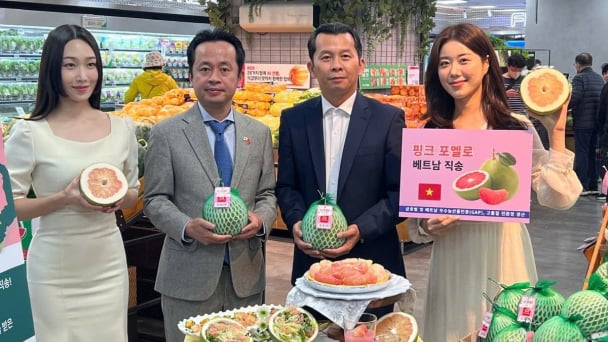
(VAN) April 10 marked a significant milestone for Vietnam's agricultural exports as Vietnamese pomelos officially became available at the Lotte Mart supermarket chain in South Korea.

(VAN) Vietnam is focusing on developing the legal framework and technical infrastructure for the carbon market, with committed support from global financial institutions.
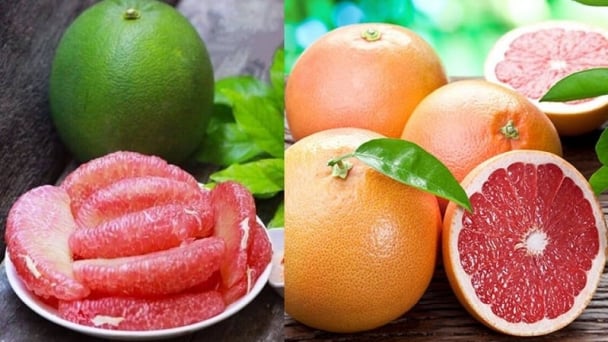
(VAN) The citrus fruits market in China is expected to slow down, but still show steady expansion, with volume reaching 56M tons and value reaching $71B by the end of 2035.
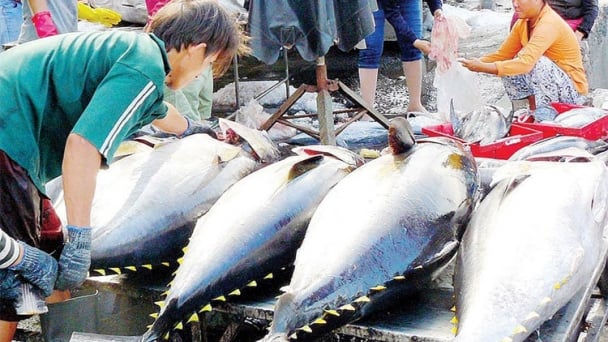
(VAN) The European Union issued a notice regarding the amendment of Annex III of Regulation (EC) No 853/2004 and aims to introduce new provisions in the fourth quarter of 2025.
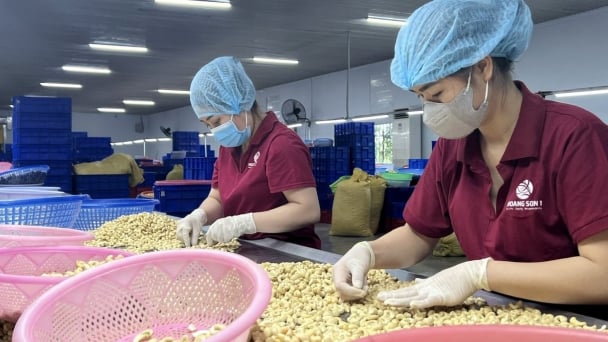
(VAN) Vietnam has great potential for exporting food to the global Halal market, but there is a need to build an ecosystem to develop this market.